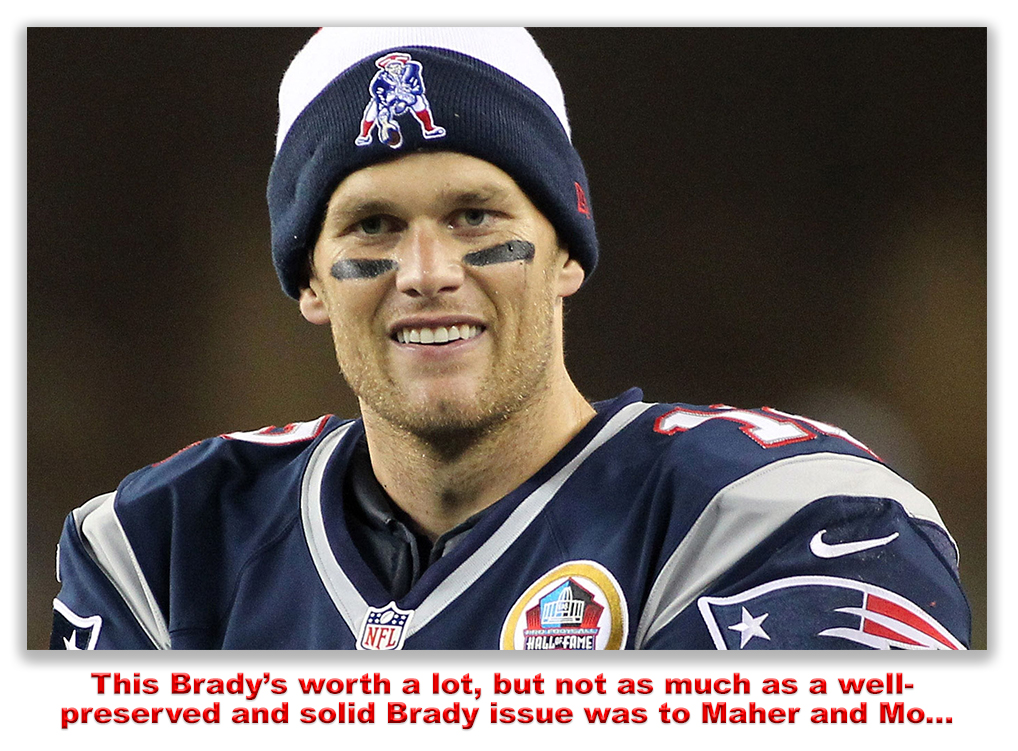We post news and comment on federal criminal justice issues, focused primarily on trial and post-conviction matters, legislative initiatives, and sentencing issues.

A VERY BRADY WIN
 The Supreme Court’s seminal 1963 Brady v. Maryland decision held simply that the government is obligated to provide the defense with all material information (not just evidence) that tends to be exculpatory for the accused. Regular readers of this blog are no stranger to it. See, for example, here, here and here.
The Supreme Court’s seminal 1963 Brady v. Maryland decision held simply that the government is obligated to provide the defense with all material information (not just evidence) that tends to be exculpatory for the accused. Regular readers of this blog are no stranger to it. See, for example, here, here and here.
But Brady in practice is a lot messier than Brady in theory. That’s why last week’s 7th Circuit Brady win was so sweet.
Maher Obagi and Mohamed Saleh were convicted of mortgage fraud, in part because Jackie Burchell – a cooperating coconspirator – testified against them. The government argued at closing that the jury should believe Jackie (despite her involvement in the crime and the fact she had lied during a deposition in a civil case), because her testimony was corroborated by Holly Saad, described by the government as an “independent witness.”
But it turned out that Holly was not Polly, at least not sweet Polly Purebred. Rather, Holly had her own skeletons in the closet. During a break between Maher’s and Mo’s defense closings, a different AUSA from the U.S. Attorney’s Office – who just happened to be watching the closing arguments – recognized that the same Holly whose veracity the parties were arguing about had in fact received immunity in a separate mortgage fraud investigation. The AUSA alerted the trial prosecutors to the “enormous oversight,” and the trial prosecutors told defense counsel.
But it was too late to re-argue the closing, and Maher and Mo got convicted. Last week, the 9th Circuit reversed.
 The Circuit noted that by the time the oversight was revealed, the government’s closing argument theme had been cast – the jury could trust witness Jackie Burchell because of Holly Saad’s corroboration. Mayer’s counsel had completed his argument, and – the 9th said – “one could not expect Mo at the last minute to reframe his defense to incorporate this impeachment.”
The Circuit noted that by the time the oversight was revealed, the government’s closing argument theme had been cast – the jury could trust witness Jackie Burchell because of Holly Saad’s corroboration. Mayer’s counsel had completed his argument, and – the 9th said – “one could not expect Mo at the last minute to reframe his defense to incorporate this impeachment.”
The Circuit said the failure to disclose was accidental but very material, because Holly’s impeachment substantially weakened the credibility of the government’s cooperating witnesses and the strength of its case. Given the difficulty the jury faced in reaching a verdict, the panel could not say with confidence that the undisclosed impeachment did not affect the jury’s judgment.
United States v. Obagi, 2020 U.S. App. LEXIS 22280 (9th Cir. July 17, 2020)
– Thomas L. Root

